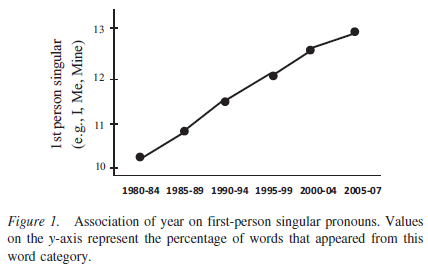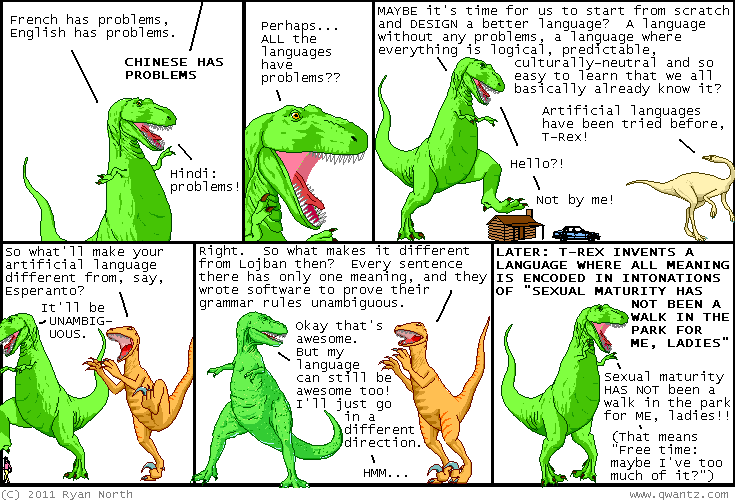Must Cinco de Mayo fall on the 5th of May?
Last night Jay Leno presented an advertisement by someone a little bit confused about Mexican(-American) culture: it urged people to get ready for Cinco de Mayo on May 6th. "Cinco de Mayo" of course means "the fifth of May". In this case the confusion is real – Cinco de Mayo does not fall on the sixth of May, but in theory it could. "Cinco de Mayo" is the name of a holiday. The holiday is named after the day on which it falls, but the name is not itself a date. That means that we can imagine a future in which the holiday is still named "Cinco de Mayo" but falls on another date. It might be decided to celebrate on another day but to keep the traditional name, or Mexico might adapt a different calendar, one that had no month called "Mayo".
Read the rest of this entry »




